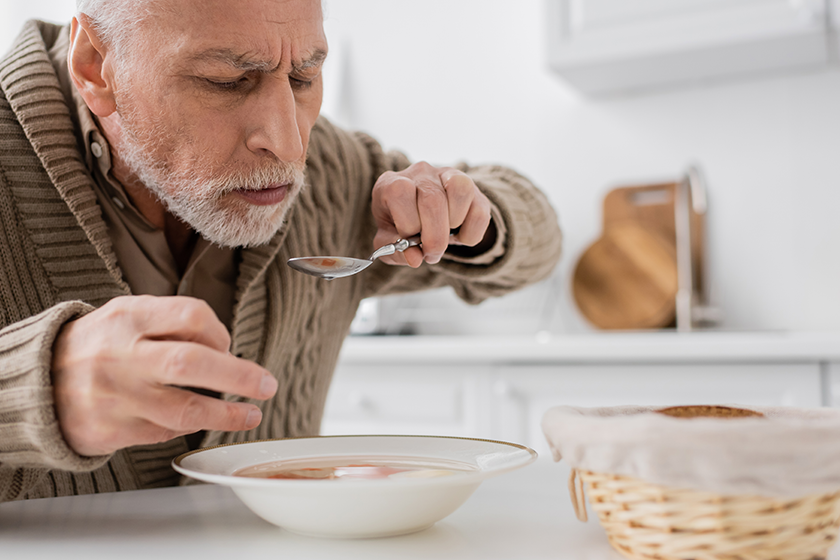Drooling in older adults can often cause discomfort and affect daily activities, leading to a strong need for effective management. Drooling in seniors typically arises from a mix of health issues, medication effects, and lifestyle factors, all of which can interfere with regular saliva control. Understanding the various causes behind this issue helps provide better support and enhance daily life for those affected. Here, we explore the primary causes and offer potential solutions to reduce this common condition in older adults.
Neurological Conditions Contributing to Excessive Drooling
Certain neurological conditions disrupt muscle control, making swallowing more difficult and leading to excessive drooling. For example, conditions like Parkinson’s disease and multiple sclerosis affect the ability to control the facial muscles involved in swallowing, often resulting in saliva buildup. This lack of control also occurs in individuals who have experienced strokes, as the nerve pathways that manage saliva flow may be impaired. These neurological factors frequently contribute to drooling, making it essential to seek targeted therapies that focus on improving muscle control in the face and mouth.
Medical Treatments and Medications Causing Drooling as a Side Effect
Several medications taken for chronic health issues may cause drooling as a side effect, particularly in older adults. Drugs prescribed to treat mood disorders, sleep issues, or even gastrointestinal conditions may lead to increased saliva production or reduced ability to manage saliva flow. For example, some medications used in treating neurological and psychiatric conditions have side effects that affect muscle function in the mouth and throat, resulting in drooling. Reviewing medications with a healthcare provider can help identify possible alternatives or adjustments to reduce these side effects.
Oral Health Issues and Their Impact on Saliva Production
Poor oral health and untreated dental issues contribute to increased drooling in older adults. Common problems like cavities, gum disease, or poorly fitting dentures may irritate the mouth, leading to excess saliva production as the body tries to manage these discomforts. Additionally, individuals who struggle with regular oral hygiene may have lingering bacterial infections, which can stimulate saliva flow as a natural defense. Ensuring proper oral care through regular check-ups and addressing dental concerns promptly may help control drooling linked to oral health conditions.
Lifestyle Modifications to Reduce Drooling in Older Adults
Simple lifestyle adjustments can offer significant relief for older adults experiencing drooling. Maintaining good posture, for instance, helps prevent saliva from pooling in the mouth, and regular swallowing exercises can improve control. Dietary adjustments, such as limiting acidic foods and drinks that trigger excessive saliva production, may also be beneficial. Encouraging hydration while avoiding mouth irritants like tobacco can support better saliva balance, reducing the likelihood of drooling. By incorporating these small yet impactful habits, older adults can achieve better control over drooling issues.
Discover Drooling Solutions with Our Retirement Community
Our team is dedicated to supporting older adults in managing health issues like drooling in dementia patients. We offer personalized care and resources to address these specific challenges and help residents enjoy improved quality of life. Additionally, we prioritize oral health and drooling management, focusing on preventive care and ongoing support tailored to each individual.
Join our caring retirement community, where we work to enhance daily living with compassionate assistance and a focus on resident well-being. Reach out to explore how we can help your loved one live more comfortably in a supportive environment.







